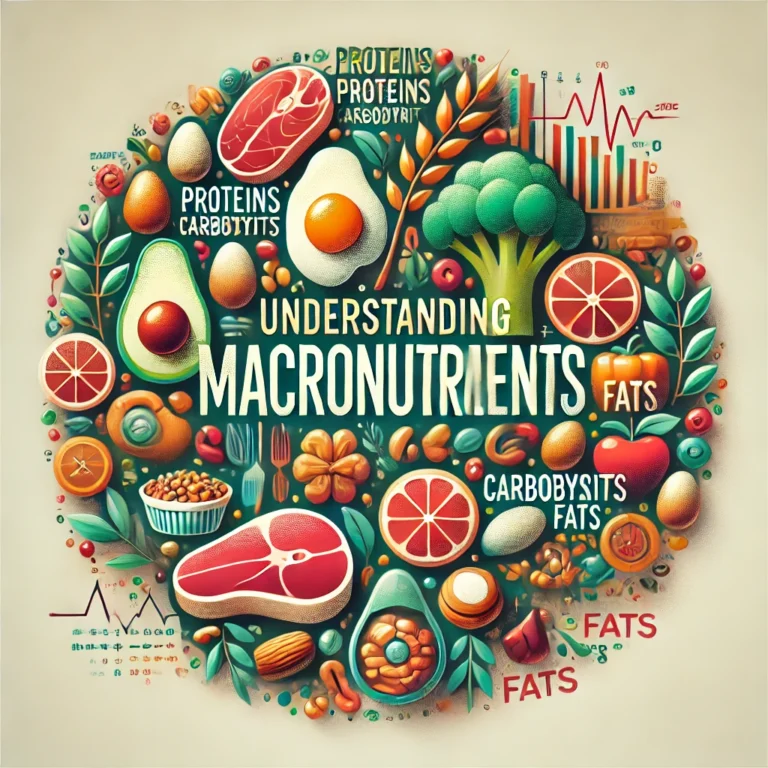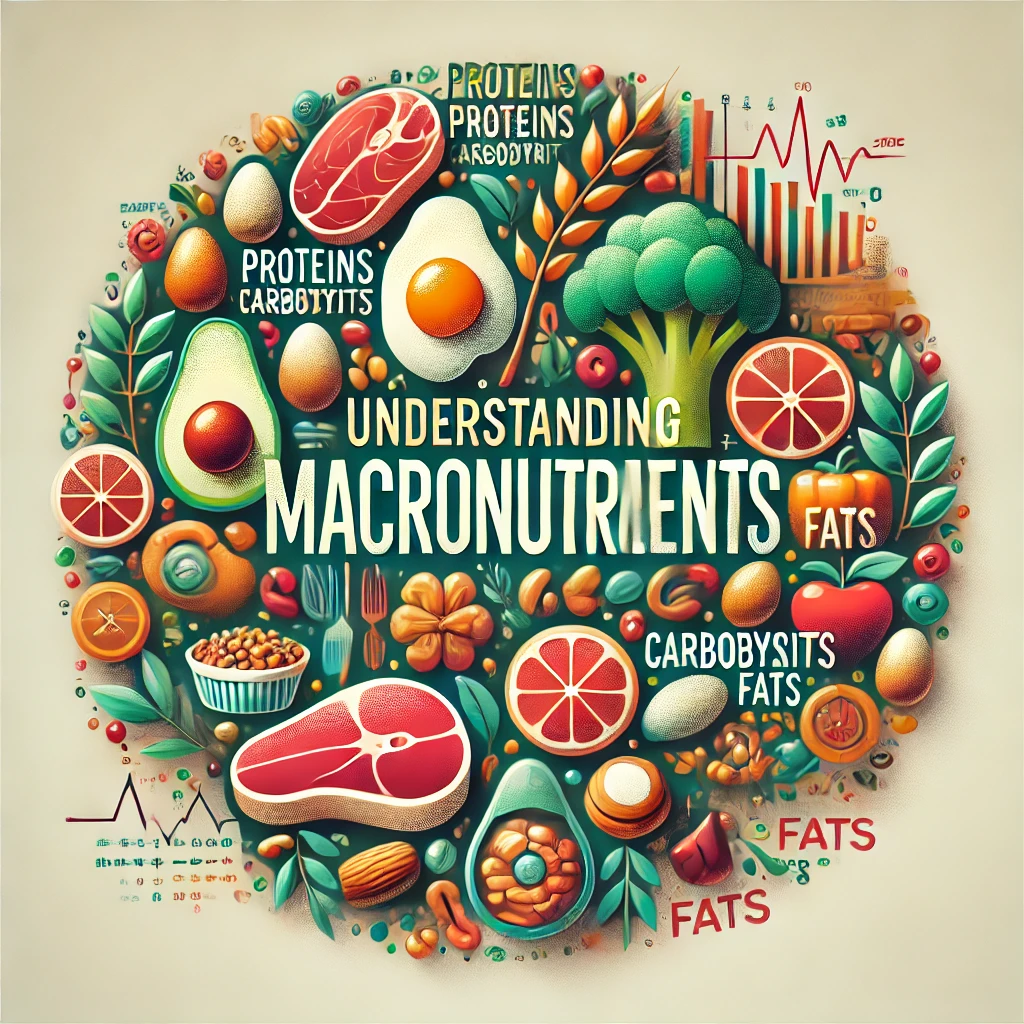Have you ever wondered what macronutrients are and why they matter? I know I have. Understanding macronutrients is crucial for anyone looking to improve their diet and overall health. Macronutrients are the nutrients our bodies need in large amounts to function properly. They provide energy, support bodily functions, and help maintain our structure. In this article, I’ll break down the three main macronutrients—carbohydrates, proteins, and fats—along with their roles, sources, and how to balance them in your diet.
What Are Macronutrients?
Contents
Macronutrients consist of three primary components: carbohydrates, proteins, and fats. Each plays a unique role in our bodies and contributes to our overall health. When I started learning about macronutrients, it opened my eyes to how different foods fuel my body.
- Carbohydrates: These are the body’s main source of energy. They provide the fuel we need for daily activities and exercise.
- Proteins: Proteins are essential for building and repairing tissues. They also play a role in hormone production and immune function.
- Fats: Fats are crucial for hormone regulation, nutrient absorption, and providing long-lasting energy.
Each macronutrient has its own unique function, so understanding them helps me make better food choices.
The Role of Carbohydrates
Carbohydrates are often seen as the enemy in many diets, but they are vital for our health. They break down into glucose, which our bodies use for energy. I find that consuming complex carbohydrates keeps my energy levels stable throughout the day.
Types of Carbohydrates
1- Simple Carbohydrates
These are sugars found in fruits, milk, and sweeteners like honey. They provide quick energy but can lead to a crash if consumed in excess.
2- Complex Carbohydrates
These include whole grains, legumes, and vegetables. They digest slowly, providing sustained energy.
I try to focus on complex carbohydrates because they offer more nutrients and keep me fuller longer.
Food Sources
Some great sources of carbohydrates include:
- Whole grains like brown rice and quinoa
- Fruits such as bananas and berries
- Vegetables like sweet potatoes and leafy greens
Incorporating these foods into my meals helps me maintain my energy levels throughout the day.
The Importance of Protein
Protein is often referred to as the building block of life. It’s made up of amino acids that are essential for various bodily functions. When I eat protein-rich foods, I feel more satisfied and energized.
Functions of Protein
- Tissue Repair: Protein helps repair muscles after workouts.
- Hormone Production: Certain hormones are made from proteins.
- Immune Function: Proteins play a role in maintaining a healthy immune system.
Food Sources
I make sure to include various protein sources in my diet:
- Lean meats like chicken and turkey
- Fish such as salmon and tuna
- Plant-based options like beans, lentils, and tofu
- Dairy products like Greek yogurt and cottage cheese
By diversifying my protein sources, I ensure that I get all the essential amino acids my body needs.
The Role of Fats
Fats often get a bad reputation, but they are essential for good health. They provide concentrated energy and help absorb fat-soluble vitamins (A, D, E, K). I’ve learned that not all fats are created equal.
Types of Fats
- Saturated Fats: Found in animal products like butter and cheese; these should be consumed in moderation.
- Unsaturated Fats: These are healthier fats found in foods like avocados, nuts, and olive oil.
- Trans Fats: Often found in processed foods; these should be avoided as much as possible.
I focus on incorporating unsaturated fats into my meals to promote heart health.
Food Sources
Some excellent sources of healthy fats include:
- Nuts like almonds and walnuts
- Seeds such as chia seeds and flaxseeds
- Avocados
- Fatty fish like salmon
Adding these foods to my diet helps me feel full while providing essential nutrients.
Balancing Macronutrients
Finding the right balance of macronutrients is key to achieving optimal health. The recommended ratios can vary based on individual goals—whether it’s weight loss, muscle gain, or overall wellness.
General Guidelines
- Carbohydrates: 45–65% of total daily calories
- Proteins: 10–35% of total daily calories
- Fats: 20–35% of total daily calories
These percentages can serve as a starting point for anyone looking to balance their diet effectively.
How to Calculate Your Macronutrient Needs
Calculating your specific macronutrient needs can be helpful in achieving your fitness goals:
- Determine your daily caloric intake based on your activity level.
- Use the recommended percentages to calculate how many grams of each macronutrient you should consume.
- Track your food intake using apps or journals to ensure you meet your targets.
I find that tracking my macros helps me stay accountable while making healthier choices.
Common Myths About Macronutrients
As I learned more about macronutrients, I came across several myths that can lead to confusion:
- All Carbs Are Bad: Not True! Complex carbohydrates are crucial for energy.
- Protein Is Only for Bodybuilders: Everyone needs protein for tissue repair and overall health.
- Fats Make You Fat: Healthy fats are necessary for various bodily functions; moderation is key.
By debunking these myths, I feel more empowered to make informed dietary choices.
Conclusion
Understanding macronutrients is vital for anyone looking to improve their health or fitness levels. By focusing on carbohydrates, proteins, and fats—and knowing how they work together—I can create balanced meals that fuel my body effectively.




